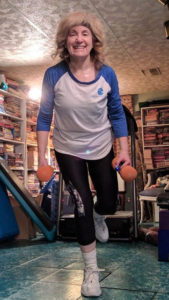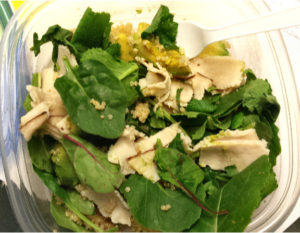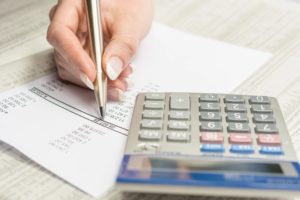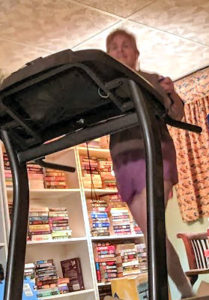Chocolate contributes to a healthy lifestyle
 Chocolate can be part of a healthy lifestyle! You may have thought that healthy eating was all spinach, quinoa and kale, but that’s just not the case. While I do enjoy a good spinach and quinoa lunch on occasion, and sauteed kale is yummy, seasoned properly (I can give you recipes if you like), there is absolutely nothing wrong with enjoying chocolate. On occasion. Once in a while.
Chocolate can be part of a healthy lifestyle! You may have thought that healthy eating was all spinach, quinoa and kale, but that’s just not the case. While I do enjoy a good spinach and quinoa lunch on occasion, and sauteed kale is yummy, seasoned properly (I can give you recipes if you like), there is absolutely nothing wrong with enjoying chocolate. On occasion. Once in a while.
Old Ben was right
I abide by Ben Franklin’s motto of “Everything in moderation.” In the case of sweets, maybe a little less than moderation…
I love chocolate, and any existence that does not include chocolate is just not worth it. I enjoy chocolate – the darker the better – and try to have a little bit every day. It has to be really good chocolate, though. If it’s not truly satisfying, the temptation is to eat all of a not-so-great chocolate bar instead of just a quarter of a really good one. Chocolate is definitely part of my healthy lifestyle!
80 – 20 Rule
I try to also eat by the “80 – 20 Rule.” As long as 80% of my intake is clean and healthy, the other 20% can be chocolate! That is – 80% of my calories should be lean protein, complex carbohydrates, vegetables, fruit and healthy fats.
Balance is key
Again – life is a balancing act. Every day we have to balance our meals, our work, play, chores. We want to eat healthy – we know it’s better for us than eating fast food all the time – but we also want our meals to taste good and satisfy us. The 80 – 20 Rule is just that. A sustainable eating plan. And if your indulgence is pizza – that’s good too! Just watch portions and make sure the rest of your diet is healthy!
Dark chocolate tastes best
Why dark chocolate? It’s my favorite. And it also contributes to a healthy lifestyle. Dark chocolate has anti-oxidant properties, it may improve blood flow and even lower blood pressure! And dark chocolate may improve brain function.









